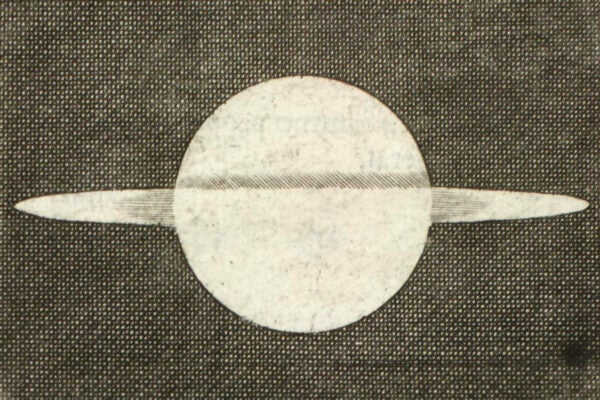Nearly a hundred years ago, mothers were already sending mail to Washington, DC, to advocate for their children’s healthcare.
Public health and medical historian Emily K. Abel reviewed nearly 600 letters sent to either to Franklin and Eleanor Roosevelt or the Children’s Bureau in the 1930s; the letters are preserved in the US National Archives. While children and “a variety of relatives” wrote letters to the Roosevelts and the Children’s Bureau, the overwhelming majority of the missives came from mothers. Health concerns described in the letters included children with intellectual and developmental disabilities, heart conditions, and epilepsy.
“The conditions discussed in the letters are heavily biased toward chronic illnesses and disabilities,” Abel writes, “perhaps because mothers were unlikely to embark on the lengthy process of soliciting help from the federal government for problems that would be resolved relatively quickly.”
Despite the urgent need for assistance in some cases, Abel’s research suggests that few mothers used language that emphasized the urgency. For example, “mothers seeking insulin for diabetic children or serum for those with spinal meningitis rarely stated that these were matters of life and death.” In such cases, “women were more likely to spell out the consequences of denying their children help.”
Some women may have felt pressed to justify why they were particularly worthy of assistance, given the widespread poverty during the Great Depression. They indicated why they belonged to the “deserving poor,” describing themselves as “hardworking, sober, and self-reliant.” Many outlined their own financial sacrifices, with five noting that they had not bought new clothes in more than a year.
“They had devotedly nursed sick children, looked tirelessly for appropriate services, and denied themselves all luxuries,” Abel explains.
Very few letter-writers received the hoped-for response from the Children’s Bureau. While many of the mothers had already been let down by local and state services, people working at the Children’s Bureau often responded by forwarding the letters “to relevant agencies at either the state or local level.”
Of the 594 letters Abel reviewed in the archives, 441 cases were referred elsewhere. “Forty letters were sent to voluntary agencies, such as children’s aid societies,” she notes, with
the great majority of letters [sent] to public entities. Although some letters went directly to local agencies, most were addressed to state authorities, with a request that they refer the letters to the appropriate agencies at the local level. The staff of the Children’s Bureau referred 262 letters to health departments, 128 to welfare departments, and 11 to other governmental bodies. Several letters went to the very officials about whom the mothers had complained.
Few cases ended happily, she writes. Some agencies argued that “restrictive eligibility in various programs” meant that the sick children were outside their jurisdiction or scope of services. Some mothers were criticized for their attempts to obtain help. Abel notes that “another common justification for inaction was mothers’ erroneous description of children’s health status.” Still other reports “accused the letter writers of fabricating illness.”
Weekly Newsletter
In the end, “[o]nly a small proportion of the letter writers received the help they wanted.” Though they had appealed to a federal agency and even to the nation’s highest office, “the women remained at the mercy of local officials,” many of whom had already “delegitimized the women’s knowledge about their children’s care.”
As Abel concludes, the letters “remind one of the terror and pain of women who are unable to convince officials of the legitimacy of their children’s needs.” Discrediting the very women it was charged with assisting, the Children’s Bureau failed to provide essential health care for the impoverished children of America.
Support JSTOR Daily! Join our new membership program on Patreon today.







